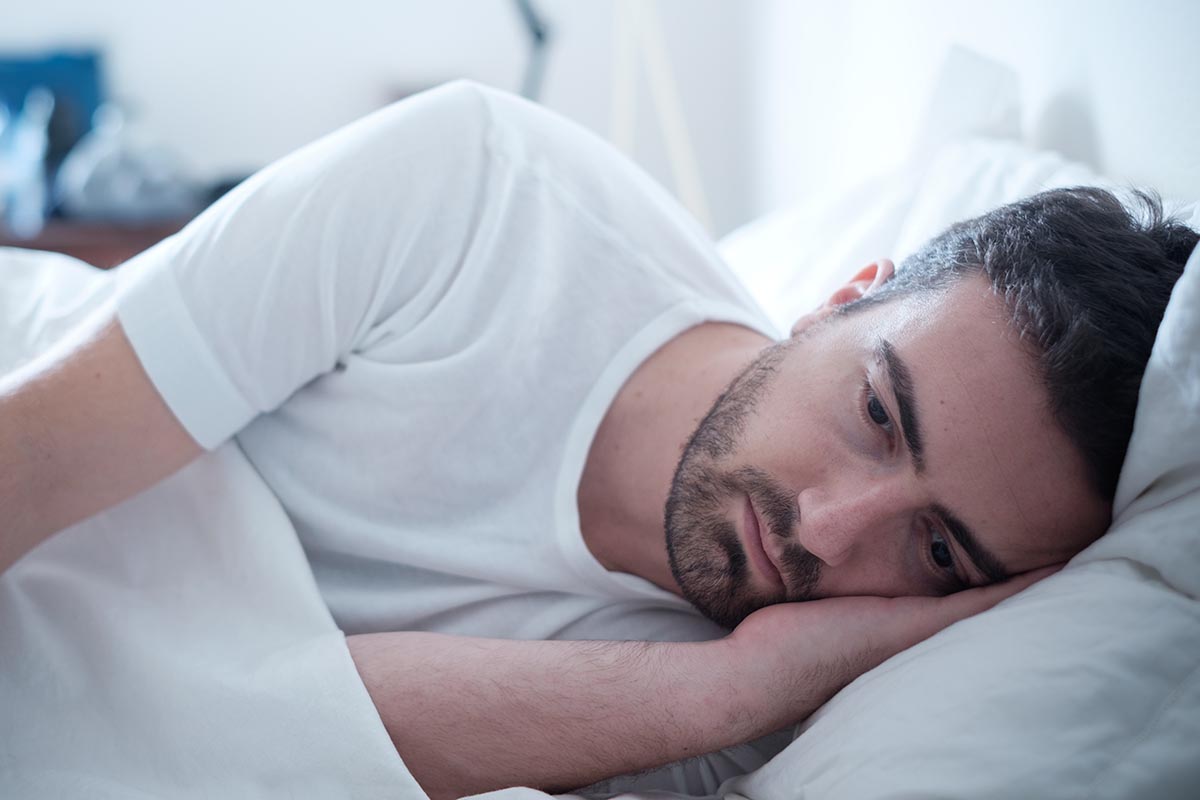While doctors are still not clear regarding the cause, low testosterone and sleep disorders are fairly common. Low T has often been blamed for poor quality night’s rest, fewer sleeping hours, and lack of deep sleep. However, there still isn’t conclusive evidence that low testosterone is responsible for all sleeplessness in patients with this condition.
Still, there is a relationship between poor sleep and low T. For instance, sleep apnea and low testosterone is a serious medical issue that you need to be concerned about if you are experiencing it.
Sleep apnea occurs when the patient stops breathing off and on during sleep, while, or soon after, undergoing testosterone replacement therapy. This dangerous condition may restrict oxygen supply to the brain and cause you to experience a stroke. Low testosterone and sleep issues are not automatic, and you may have low T correcting injections without ever experiencing it. If you do, however, you should not panic, you are not alone and help is available at Testosterone Clinic PRO.
Low testosterone and poor sleep may also arise out of secondary fallouts of a low T situation, such as anxiety, depression, fatigue, and fear of not having children due to infertility or an inability for normal sexual activity. All of these may increase your stress levels and rob you of a good night’s snooze. Low testosterone and sleep problems or Low testosterone and insomnia are however not without solutions.
Medication for sleep, relaxation techniques like deep breathing, prayer, or meditation, or certain natural remedies for sleep may prove very effective. Thus, testosterone and sleep can mutually exist together. Sleep Deprivation and Low T can be handled using one or a mix of the above solutions to guarantee quality living while under testosterone therapy.
Treatment for low T sleep disorders can be handled this way
Examination and Testing
Get a doctor to look you over. You need to be candid as the doctor’s questions will seek to discover whether your lack of sleep is the result of low T or other causative factors like age, disease or anxiety. Physical examinations will corroborate the thinking that low T symptoms like depression and others are the main or principal cause of lack of sleep.
Since low testosterone conditions always manifest physically, a simple body check or examination will help the doctor confirm his or her suspicions. After this, doctor may like to ask you general questions about lifestyle, pre-existing anxieties or even diet. Be as candid as you can for the best results.
Finally, a blood test is important to establish low testosterone in the body. A saliva test may also be requested.
Diagnosis
When results of tests come in, an accurate diagnosis can be made. The doctor will consider all information at his or her disposal to make this.
Treatment
TRT is a method of treatment that has proven successful in treating low T influenced sleeplessness or poor sleep. Incidentally, different studies indicate that getting proper sleep will tend to also increase testosterone levels in the body. So, you may sleep better with TRT, and TRT could help you sleep better. That is a sure win all around.
Monitoring and Follow up
Your sleeping disorders should reduce as you progress in TRT. Be sure to report issues like sleep apnea to the doctor.


